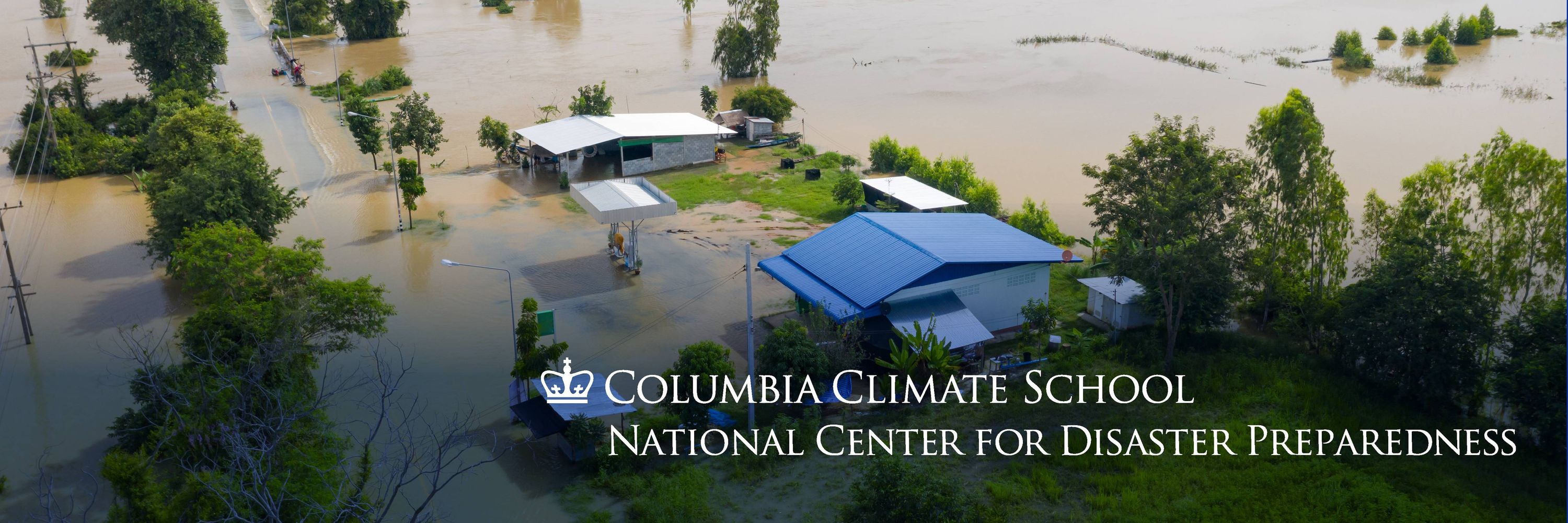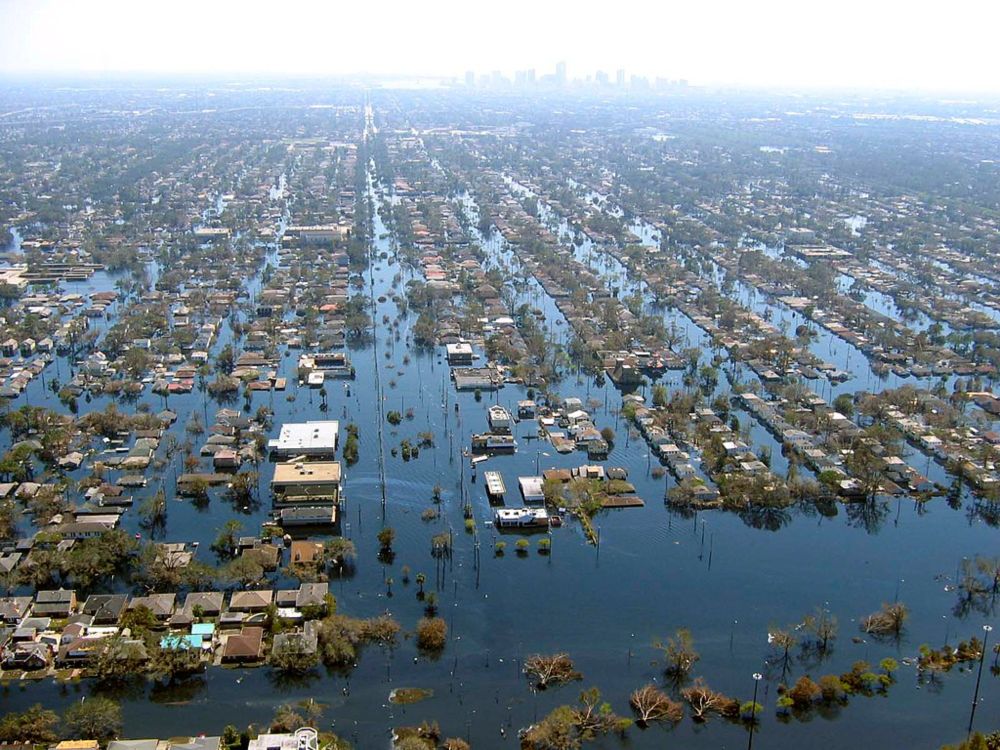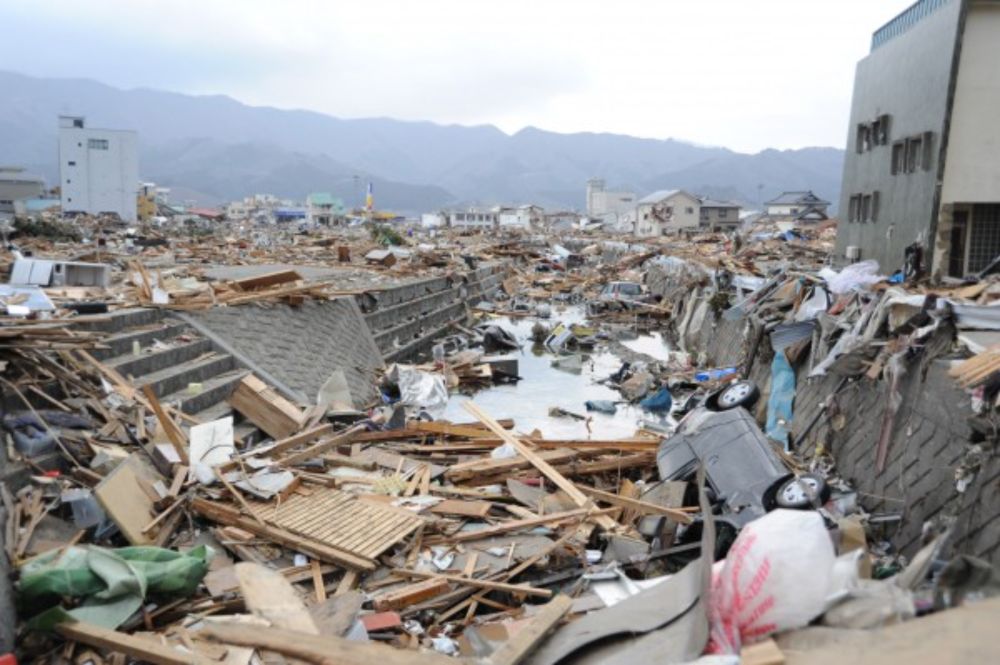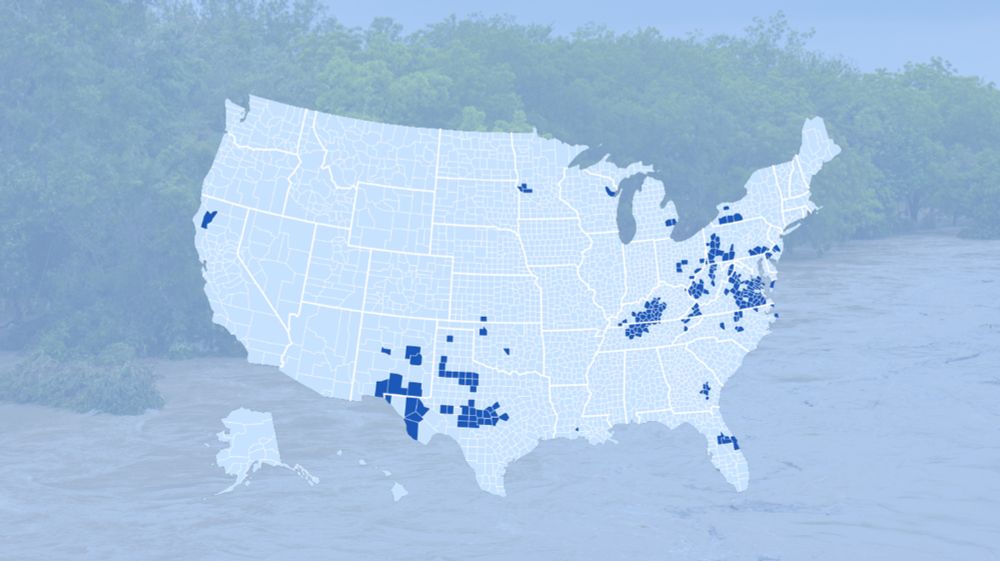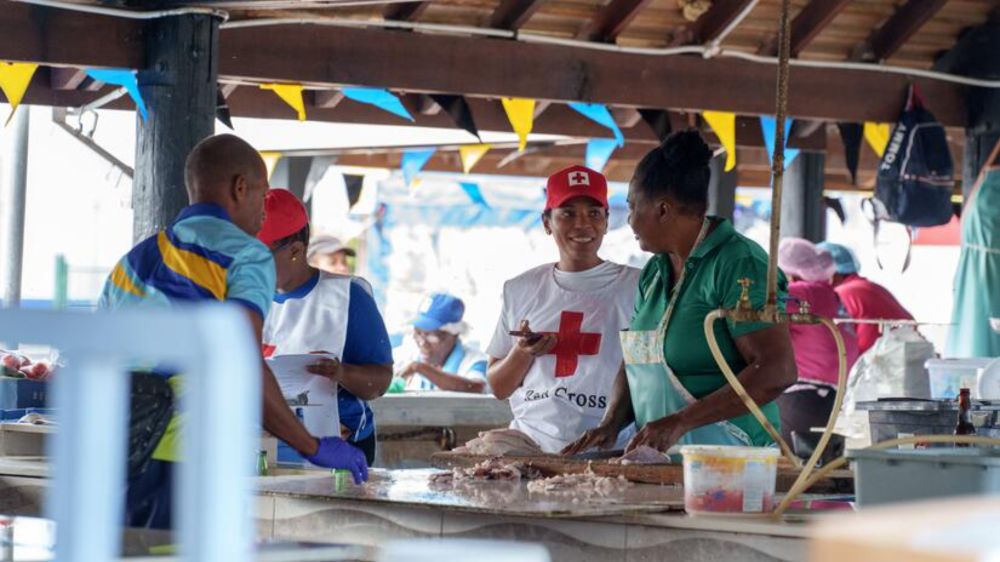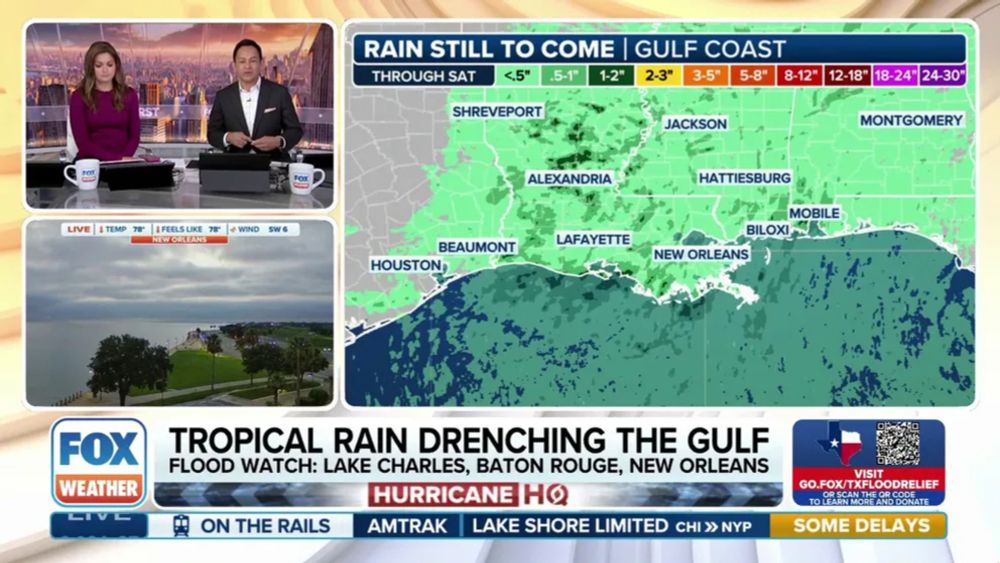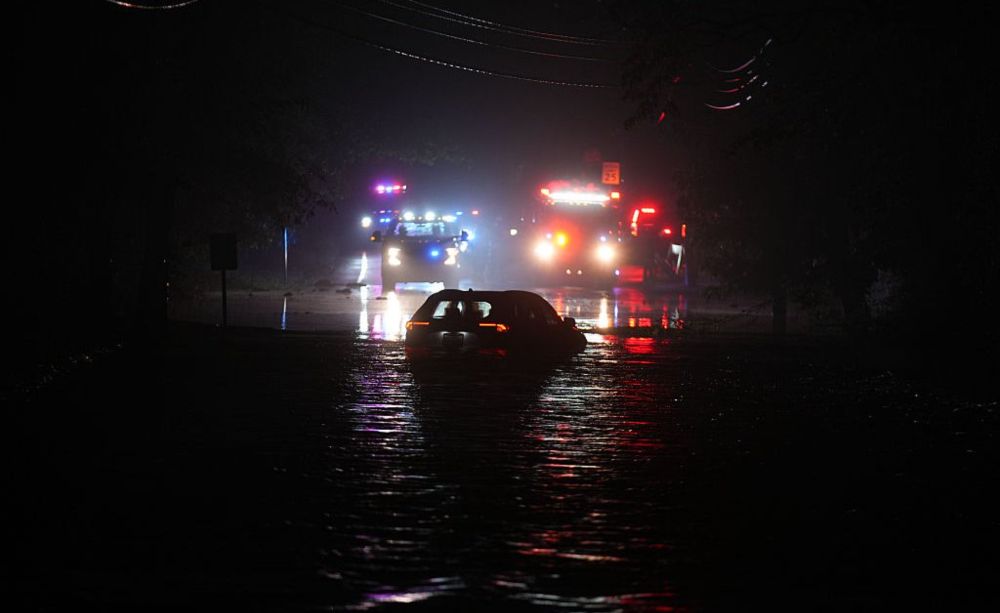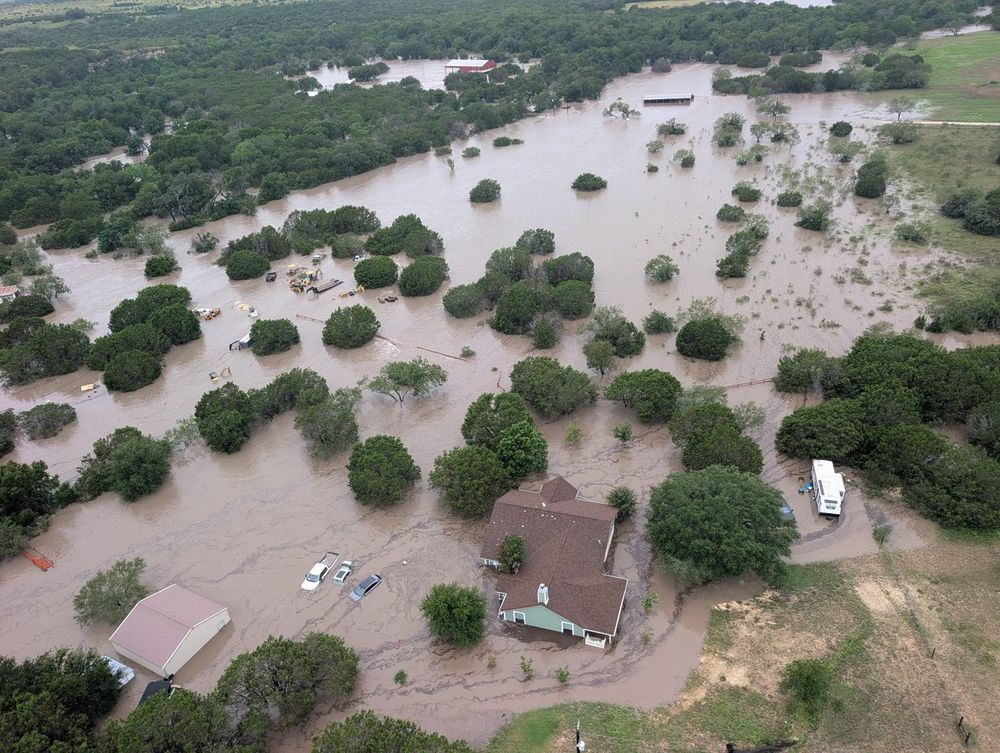National Center for Disaster Preparedness, Columbia University
@ncdp.bsky.social
500 followers
67 following
85 posts
The National Center for Disaster Preparedness (NCDP), Columbia Climate School, at Columbia University, works to understand and improve the capacity to prepare for, respond to, and recover from disasters.
Posts
Media
Videos
Starter Packs
Reposted by National Center for Disaster Preparedness, Columbia University
Reposted by National Center for Disaster Preparedness, Columbia University
Reposted by National Center for Disaster Preparedness, Columbia University
